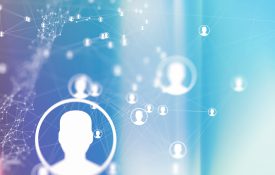-

Witnesses Confuse Innocent and Guilty Suspects with ‘Unfair’ Lineups
Police lineups in which distinctive individual marks or features are not altered can impair witnesses’ ability to distinguish between innocent and guilty suspects.
-
Distinct Stages of Thinking Revealed by Brain Activity Patterns
Neuroimaging data can reveal the mental stages people go through as they are solving challenging math problems, according to a new study published in Psychological Science, a journal of the Association for Psychological Science. By combining
-
Is It Time To Ban Computers From Classrooms?
NPR: Every semester, college instructors face a choice: whether to restrict the use of laptops and other devices in their classrooms or to, instead, let students decide for themselves. And for classrooms that do allow
-
The Power of Collective Memory
Scientific American: In China, people remember the period from roughly 1849 to 1949 as the “century of humiliation.” The time was turbulent, from the First Opium War (a defeat by the British) through many other
-
Do Monkeys Know When They Don’t Know Something?
Are humans the only animal that knows what they don’t know? A study by researchers at Yale and Harvard shows that rhesus monkeys also spontaneously recognize when they are ignorant and need to seek out
-
How We Explain Things Shapes What We Think Is Right
New research focuses on a fundamental human habit: When trying to explain something (why people give roses for Valentine’s Day, for example), we often focus on the traits of the thing itself (roses are pretty)

